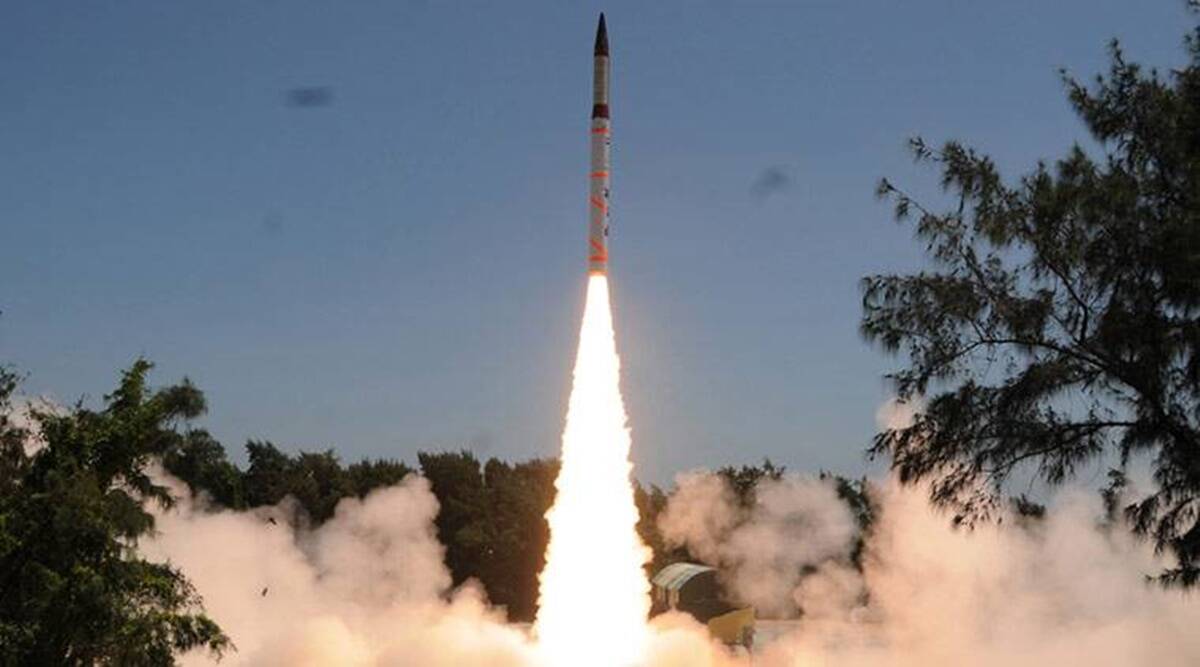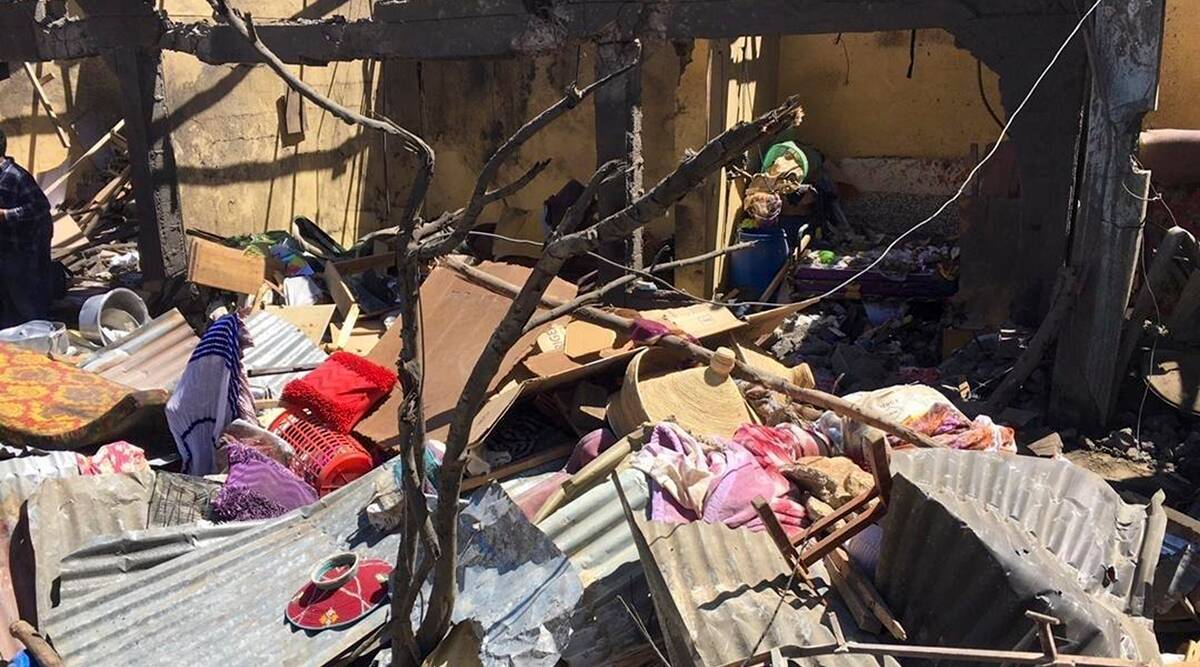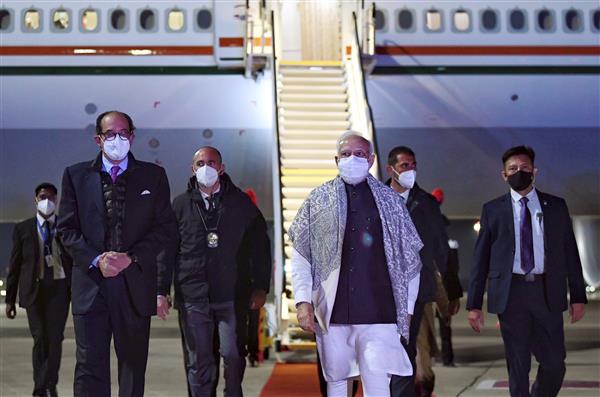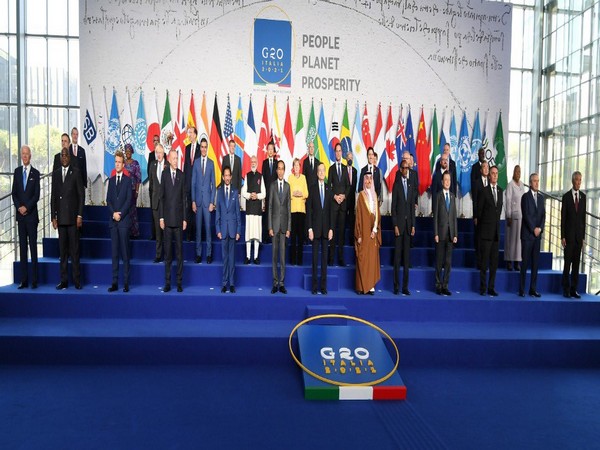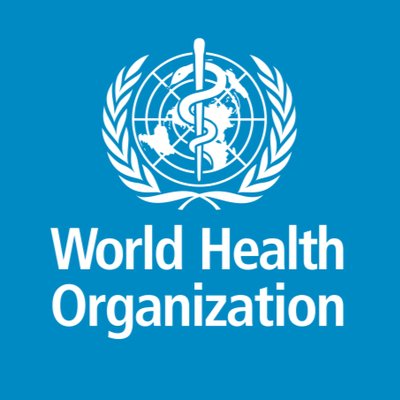
01/15/2022
Kathmandu, Jan. 15: The drug baricitinib (a type of drug known as a Janus kinase (JAK) inhibitor, also used to treat rheumatoid arthritis) is strongly recommended for patients with severe or critical covid-19 in combination with corticosteroids, says a WHO Guideline Development Group of international experts in peer reviewed journal The BMJ.
Their strong recommendation is based on moderate certainty evidence that it improves survival and reduces the need for ventilation, with no observed increase in adverse effects.
The WHO experts note that baricitinib has similar effects to other arthritis drugs called interleukin-6 (IL-6) inhibitors so, when both are available, they suggest choosing one based on cost, availability, and clinician experience. It is not recommended to use both drugs at the same time.
However, the experts advise against the use of two other JAK inhibitors (ruxolitinib and tofacitinib) for patients with severe or critical covid-19 because low certainty evidence from small trials failed to show benefit and suggests a possible increase in serious side effects with tofacitinib.
In the same guideline update, WHO also makes a conditional recommendation for the use of the monoclonal antibody sotrovimab in patients with non-severe covid-19, but only in those at highest risk of hospitalisation, reflecting trivial benefits in those at lower risk.
A similar recommendation has been made by WHO for another monoclonal antibody drug (casirivimab-imdevimab). The experts also note that there were insufficient data to recommend one monoclonal antibody treatment over another - and they acknowledge that their effectiveness against new variants like omicron is still uncertain.
As such, they say guidelines for monoclonal antibodies will be updated when additional data become available.
Today’s recommendations are based on new evidence from seven trials involving over 4,000 patients with non-severe, severe, and critical covid-19 infection.
They are part of a living guideline, developed by the World Health Organization with the methodological support of MAGIC Evidence Ecosystem Foundation, to provide trustworthy guidance on the management of covid-19 and help doctors make better decisions with their patients.
Living guidelines are useful in fast moving research areas like covid-19 because they allow researchers to update previously vetted and peer reviewed evidence summaries as new information becomes available.
To make their recommendations, the panel considered a combination of evidence assessing relative benefits and harms, values and preferences, and feasibility issues.
Today’s guidance adds to previous recommendations for the use of interleukin-6 receptor blockers and systemic corticosteroids for patients with severe or critical covid-19; conditional recommendations for the use of casirivimab-imdevimab (another monoclonal antibody treatment) in selected patients; and against the use of convalescent plasma, ivermectin and hydroxychloroquine in patients with covid-19 regardless of disease severity.
